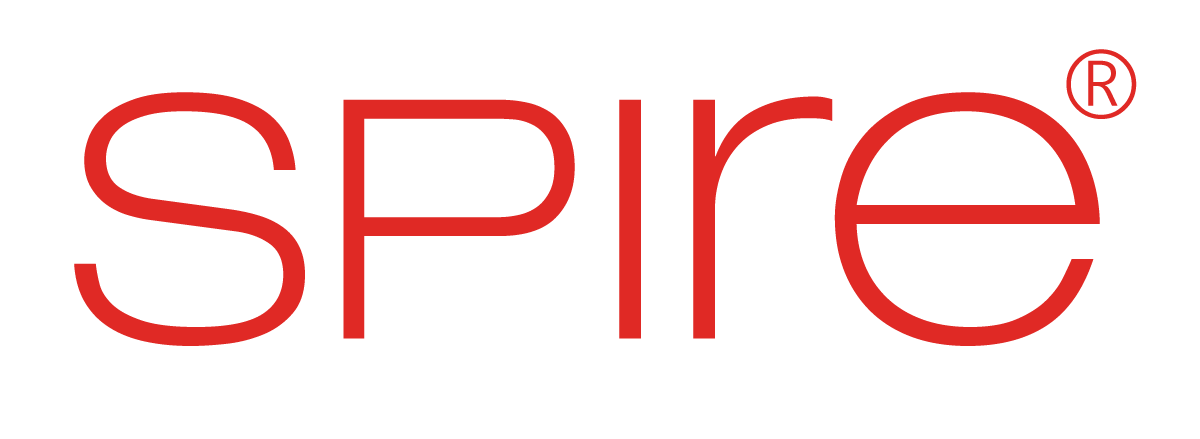Candidate Assessment
What Is Candidate Assessment?
Candidate assessment is the process employers use to evaluate a job applicant’s skills, qualifications, and overall suitability for a role. It involves objective methods, including tests, interviews, and simulations, to determine whether a candidate fits the job requirements. Candidate assessments help recruiters and hiring managers make informed, data-driven decisions by objectively analyzing each applicant’s capabilities. These tools ensure that evaluations are based on competencies rather than subjective opinions.
Candidate Assessment Explained
Candidate assessment evaluates candidates using a variety of methods to match their abilities with job requirements. This process includes:
- Interviews: Structured or unstructured conversations to assess communication, problem-solving, and technical skills.
- Skills Tests: Assessments designed to evaluate proficiency in specific job-related tasks.
- Personality and Behavioral Assessments: Tools to measure traits like teamwork, leadership potential, and cultural fit.
- Cognitive Ability Tests: Measures reasoning, problem-solving, and decision-making abilities.
- Situational Judgement Exercises: Scenarios to evaluate a candidate’s response to real-world challenges.
- Work Samples: Practical demonstrations of skills directly related to the role.
- Background Checks: Verification of education, experience, and professional history.
These methods ensure the hiring process is comprehensive and aligned with organizational goals.
Need for Assessing Candidates Thoroughly
Candidate assessment is essential for hiring success. It provides deeper insights into a candidate’s potential, beyond what resumes and interviews reveal. Key reasons to integrate candidate assessments include:
- Informed Hiring Decisions: Assessments give measurable insights into candidates’ competencies and work styles.
- Faster Recruitment: Streamlined evaluation processes help reduce time-to-hire without compromising quality.
- Skill-Based Screening: Identify candidates who possess the right mix of technical and soft skills.
- Improved Hiring Accuracy: Minimize the risk of mismatched hires by evaluating job-relevant abilities.
- Cultural Fit: Ensure new hires align with the organization’s values and work environment.
- Enhanced Candidate Experience: Clear and consistent assessments demonstrate fairness, boosting employer reputation.
- Unbiased Hiring: Objective evaluations reduce unconscious bias in hiring decisions.
By using assessments strategically, organizations can improve talent acquisition outcomes and build stronger teams.
How to Assess a Candidate for a Job
The process of candidate assessment involves several techniques that evaluate a candidate comprehensively. Here’s how to assess candidates effectively:
- Interviews:
- Conduct structured interviews with consistent questions to compare candidates fairly.
- Use behavioral interviewing to assess past actions and predict future performance.
- Skills and Competency Assessments:
- Use technical tests for job-specific skills like programming or data analysis.
- Assess soft skills like communication and problem-solving through situational exercises.
- Cultural Fit and Motivation:
- Gauge alignment with organizational values and team dynamics.
- Evaluate motivation and attitude through open-ended questions.
- Cognitive Ability Tests:
- Assess critical thinking, logical reasoning, and decision-making skills.
- Personality and Behavioral Assessments:
- Use psychometric tools to evaluate traits like leadership potential and emotional intelligence.
- Work Samples:
- Ask candidates to complete a task similar to their expected job responsibilities.
- Background Checks:
- Verify education, experience, and references for accuracy and credibility.
- Scoring and Feedback:
- Use evaluation scorecards to quantify candidate performance.
- Provide constructive feedback to unsuccessful candidates to enhance their experience.
By combining multiple methods, employers can create a thorough and objective evaluation process.
Things to Consider in Candidate Assessments
Effective candidate assessments go beyond standard methods by addressing these key factors:
- Personality: Evaluate traits like adaptability, resilience, and collaboration to ensure cultural fit.
- Behavioral Assessments: Measure how candidates handle challenges and interact with others.
- Cognitive Abilities: Use tests to assess reasoning and problem-solving skills for complex roles.
- Skills Testing: Focus on both technical and soft skills essential for the position.
- Reference Checks: Verify past performance through credible references.
- Bias Reduction: Implement structured assessments to ensure fair and consistent evaluations.
- Candidate Experience: Ensure a transparent and respectful process to attract top talent.
The Role of Technology in Candidate Assessments
Automated candidate assessment tools simplify and enhance the evaluation process. AI-driven platforms like Spire.AI offer real-time insights into candidates’ skills and potential. These tools analyze resumes, assess test results, and recommend candidates best suited for the role. Automation reduces administrative burdens and ensures unbiased, data-driven hiring decisions.
Key benefits of automated assessments:
- Faster evaluation cycles.
- Real-time feedback for candidates.
- Consistent scoring criteria.
- Integration with applicant tracking systems (ATS) for seamless workflows.
Conclusion
Candidate assessment is a cornerstone of successful hiring. It ensures that evaluations are objective, comprehensive, and aligned with organizational goals. By leveraging diverse methods and advanced technologies, employers can identify the best-fit candidates, enhance employee engagement, and drive organizational success. Platforms like Spire.AI enable smarter, more efficient assessments, ensuring that every hire contributes to long-term growth and success.

Don’t Let Outdated Frameworks Hold Your Organization Back
Harness Spire.AI to Build, Deploy, and Elevate Talent Effectively


